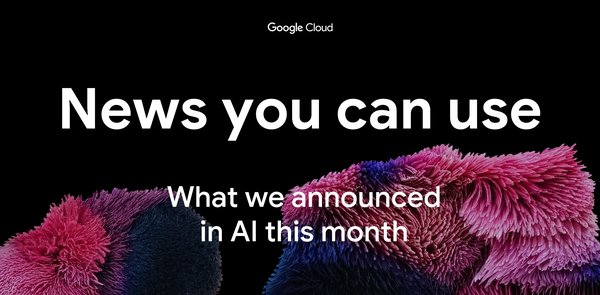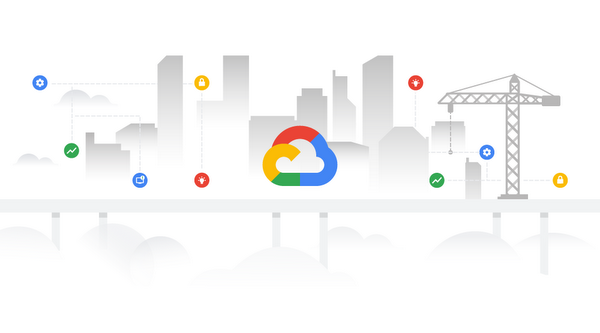Our collaboration with Red Hat is based on the mutual goal to help our customers bridge their on-premises environments so they can take advantage of the cloud. We’ve continued to work together closely, and have launched integrations that enable Red Hat customers to both use Red Hat Enterprise Linux on Google Compute Engine in a pay-as-you-go manner as well as move eligible Red Hat Enterprise Linux subscriptions to Compute Engine using Red Hat Cloud Access. Today, we’re pleased to announce that Compute Engine is certified for Red Hat Enterprise Linux 8 (RHEL 8), with public images coming soon, for the latest version of the world’s leading enterprise Linux platform, to provide customers with a scalable, safe, and consistent environment for enterprise cloud deployments.
New functionality in Red Hat Enterprise Linux 8 on Google Cloud will help customers through:
- Delivering a more secure platform for Google Cloud and emerging workloads like machine learning. Red Hat Enterprise Linux 8 helps to lower adoption barriers to new technologies while minimizing the attack surface by only deploying packages needed to support your workload.
- Faster and more consistent delivery in any deployment footprint with native automation. Red Hat Enterprise Linux 8 provides a path to an API-driven control plane with enhanced system design and automation capabilities and integrations.
- A more straightforward, less disruptive migration process for existing Red Hat Enterprise Linux deployments. The platform enhances the application migration process from earlier versions to Red Hat Enterprise Linux 8 so you can take advantage of its latest innovations.
- Easing the transition to and powering the adoption of container, machine learning, and key database workloads. Red Hat Enterprise Linux 8 is optimized to support your critical workloads including some of the latest technologies like containers and AI/ML.
Google Cloud is excited to build on its hybrid cloud alliance with Red Hat, which we announced in November 2013 when Google Cloud became only the second Red Hat Certified Cloud Provider to join the Red Hat Cloud Access Program.
What started as enabling our customers to move Red Hat Enterprise Linux workloads to Compute Engine back in 2014 has quickly grown into a truly strategic relationship across multiple technologies including open source and Kubernetes, Red Hat OpenShift Container Platform on Google Cloud, and Red Hat Ansible Automation on Google Cloud, just to name a few. Through our extensive work together, enterprises using Red Hat technologies including Red Hat Enterprise Linux 8 are able to build a truly hybrid cloud environment that unifies their on-premises and Google Cloud infrastructure.
“Furthering enterprise-grade innovation, from hybrid cloud to emerging workloads like AI and containers, is at the heart of Red Hat’s strategic collaboration with Google Cloud. Red Hat Enterprise Linux 8 is Red Hat’s vision for the operating system as the foundation of the hybrid cloud, and we’re pleased to have the support of Google Cloud as we bring this innovation engine to our mutual customers.” – Stefanie Chiras, Vice President and General Manager, Red Hat Enterprise Linux, Red Hat
As part of the Red Hat Enterprise Linux 8 ecosystem, Google Cloud is also a member of Red Hat Partner Connect, a program designed for commercial organizations offering hardware and software solutions certified for Red Hat’s portfolio of hybrid cloud and cloud-native products. The program offers partners an opportunity to gain the necessary expertise with Red Hat technologies through access to releases and developer support, as well as key resources needed to test, certify, and publish solutions that make use of Red Hat products.
To learn more about our work with Red Hat, please visit this site and read their blog.






